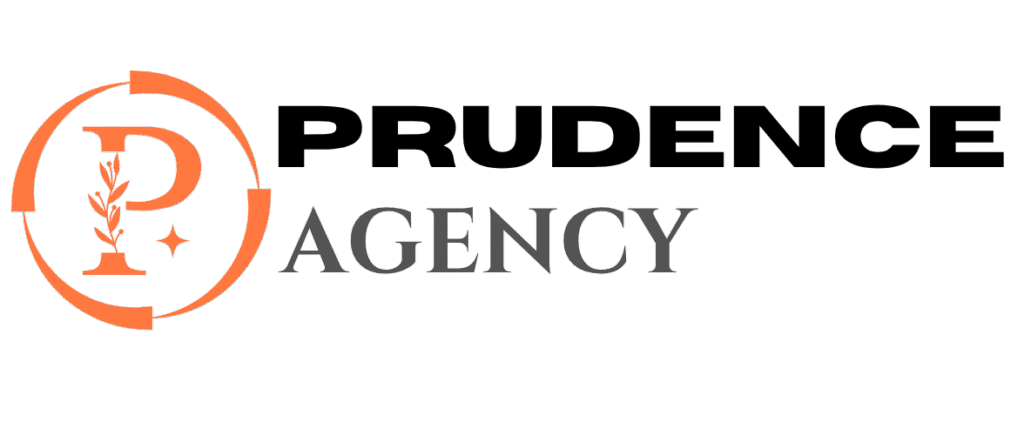The Role of Predictive Content in Anticipating Search Trends
In today’s fast-paced digital environment, staying ahead of search engine trends is crucial for content creators, digital marketers, and businesses alike. Predictive content has emerged as a transformative tool that leverages data and machine learning to forecast future search trends, allowing websites to create timely, engaging, and highly relevant content. This article dives deep into the role of predictive content in anticipating search trends, its benefits, practical applications, and how you can harness its power to boost your SEO strategies effectively.
What is Predictive Content?
Predictive content uses data-driven insights, historical search patterns, and artificial intelligence (AI) algorithms to forecast what type of content users will be searching for in the near future. Unlike reactive strategies that respond to current popular searches, predictive content anticipates trends before they peak, enabling businesses to tailor their content strategy proactively.
How Predictive Content Works
- Data Collection: Aggregates large volumes of search data from various platforms including Google Trends, social media, and search queries.
- Pattern Recognition: Identifies emerging topics and seasonal search behaviors using AI and machine learning.
- Forecasting: Predicts which keywords, topics, or questions will gain traction shortly.
- Content Optimization: Allows content creators to generate well-researched articles, blogs, videos, and guides targeting anticipated searches.
The Importance of Anticipating Search Trends
Understanding and anticipating search trends can make or break your online visibility. Here’s why it matters:
- Stay Ahead of Competitors: By forecasting trends, you position your brand as a thought leader in your niche.
- Increase Organic Traffic: Capture high search volumes early, when competition is lower.
- Improve User Engagement: Deliver fresh, relevant content that aligns with current audience interests.
- Boost Conversion Rates: Meeting user intent through predictive content supports better user journeys and conversions.
Benefits of Predictive Content for SEO
Predictive content strategies bring several SEO advantages worth exploring:
| Benefit | Description | SEO Impact |
|---|---|---|
| Early Trend Capture | Publishing content on emerging topics before competitors | Better search rankings due to low competition |
| Improved User Intent Matching | Targeting specific user queries precisely | Higher engagement and lower bounce rates |
| Enhanced Content Planning | Data-backed editorial calendar and topic selection | Consistent content creation & SEO growth |
| Link Building Opportunities | Creating authoritative content ahead of trends | Attracts quality backlinks boosting SEO |
Practical Tips for Creating Predictive Content
Ready to leverage predictive content for your website? Here are some actionable tips to get started:
- Utilize Trend Analysis Tools: Leverage tools like Google Trends, AnswerThePublic, and SEMrush to monitor keyword shifts and emerging topics.
- Monitor Social Conversations: Track platforms like Twitter, Reddit, and niche forums for early signals of trending topics.
- Analyze Competitor Content: Identify gaps and emerging content themes competitors haven’t fully explored yet.
- Incorporate AI Writing Assistants: Use AI tools that help generate content ideas based on predicted search intent.
- Align With Seasonal and Event-Based Trends: Prepare content around annual events or predictable seasonal patterns early to capture peak interest.
- Maintain Content Flexibility: Keep your editorial calendar agile to quickly adapt to changing predicted trends.
Case Study: Predictive Content Success in E-Commerce
Situation: A mid-sized e-commerce brand specializing in fitness apparel aimed to boost organic traffic before the summer season.
Strategy: Using predictive content tools, the team forecasted a rise in searches for “breathable workout gear” and “eco-friendly activewear” two months before summer.
Execution: They developed well-optimized blog articles, video reviews, and product pages aligned with these topics ahead of time.
Result: The site experienced a 40% increase in organic traffic related to these keywords and saw a 25% uplift in conversions during summer compared to the previous year.
First-Hand Experience: Implementing Predictive Content Strategies
As a content strategist, I’ve personally witnessed the transformational impact of predictive content on SEO outcomes. By integrating AI-powered analytics and keeping a vigilant eye on search patterns, we managed to pivot content strategies swiftly. This proactive approach not only increased organic reach but also improved the overall content quality by anticipating user questions and concerns before they surge.
Consistency in following trends and iterating content based on real-time feedback is key. Starting small-by forecasting micro-trends in your niche-and building from there can yield impressive results.
Challenges & Considerations
While predictive content is powerful, some challenges include:
- Data Accuracy: Predictions may not always be accurate; continuous validation is essential.
- Rapid Market Shifts: Unforeseen events (e.g., global crises) can suddenly change user behavior.
- Resource Allocation: Generating quality content on predicted trends requires invested time and creativity.
Conclusion
Predictive content is a game changer for anyone serious about digital marketing and SEO. By anticipating search trends through data-driven insights and creating content that meets user demands before they arise, businesses gain a significant competitive edge. Embracing predictive content strategies can unlock higher organic traffic, improved user engagement, and better conversion rates, ultimately driving sustainable online success.
Start leveraging predictive content today-invest in the right tools, stay informed, and craft your content future-proof to the evolving search landscape.











